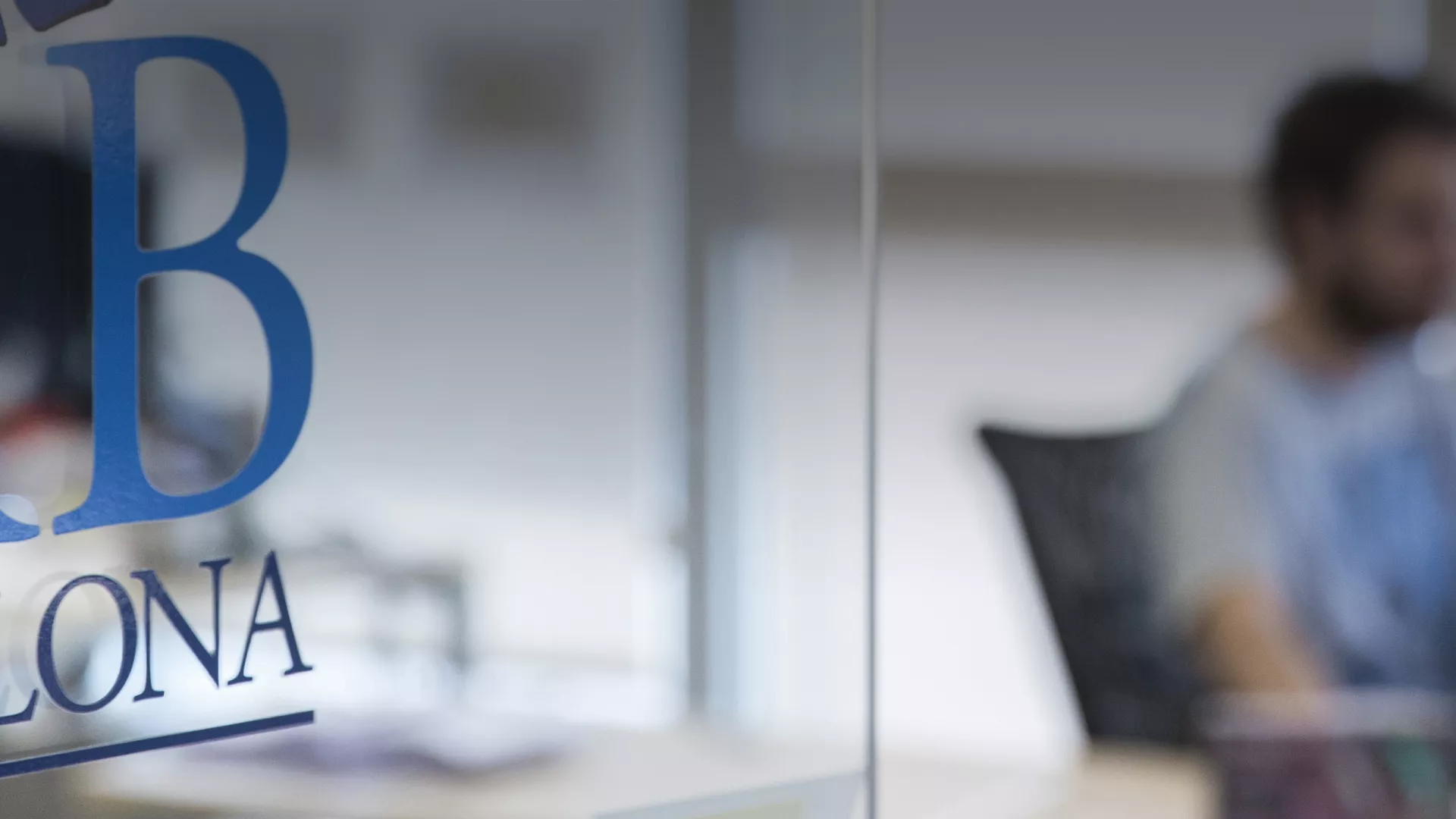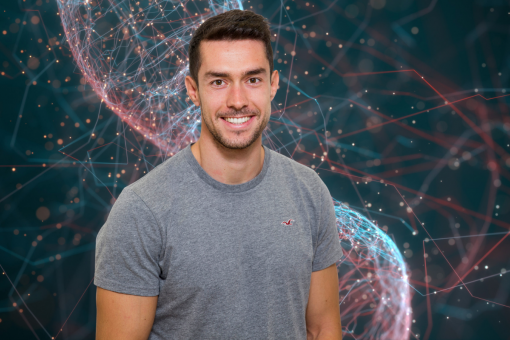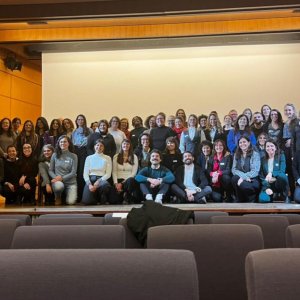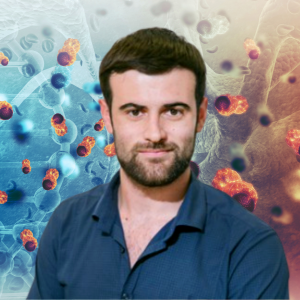When I finished high school, I had no doubts that I wanted to do Biotechnology. After realizing that working in a lab was not my thing and that math and more technical stuff motivated me, I knew that I wanted to do a master's in Computational Biology. After the master's, starting a PhD was my top option. Now, the situation feels different. I finished the third year of my PhD this month, and I am on the last part of the journey. However, I have no idea what I will do next. If you are in the same situation, I am here to tell you that you are not alone, it is something normal, and I will try to show how the process evolves in my case. To do so, let's try to cover some points that might help:
Why am I not sure what I will be doing next?
How do I try to nail down what I would like to do?
What are the next steps?
Why am I not sure what I will be doing next?
The truth is that I am far from being sure that I want to pursue an academic career. Therefore, I am considering transitioning into a company as my next step or starting a company. Realizing that you are not sure of a given path is a good thing. The slight difference is that doing a postdoc after the PhD requires less search and effort (To read more about academia, you can read the previous blog). Therefore, my head has been dealing with a lot of questions in that regard. The first set of questions refer to what I want to do:
Do I want to try a tech company?
Do I want to go to a Pharma as a Computational Biologist?
Do I want to include some business flavor in my work?
Do I want to start my own company?
I can answer all of these questions to a certain extent. However, the questions that complicate the task the most are the following:
Can I move to a big tech company? Am I good enough?
Would they or any pharma be interested in incorporating a profile like mine?
Do I know how to get into such places? (Contacts, processes, interviews)
What else do I need?
Am I ready to start something on my own?
These are the difficult ones. The ones that whatever you want, limit your decisions. I am confident that if I am in any position that motivates me and allows me to learn, I will give my 120% to outperform myself and show what I can bring to any team. However, the concerns lie more on the requisites needed and my ability to get there.
It is meaningful for me to go step by step (how long those are) and find something that motivates me the most.
In my opinion, it is essential not to allow these questions to impact your mental health and thus think less of yourself. Of course, I want to go to Google or DeepMind or build a successful company, but if you fix that as your objectives and you fail or take too long, you may not enjoy the process. It is meaningful for me to go step by step (how long those are) and find something that motivates me the most (Next section).
How do I try to nail down what I would like to do?
One of the chapters of thinking fast and slow says that we tend to substitute hard questions for easier ones. We do this subconsciously to reduce the trouble of dealing with complex queries. These may be one example, but I would substitute the question of what I will do next with the following:
What do I want my next job to have?
This one is more subjective and easier to answer. Out of the things that I want the most, I am searching for a spot that allows me to grow and learn exponentially, puts me in close contact with highly talented people within the company and the region, and where I can help and improve the people and the company. I doubt something fits better the definition of what motivates me. Now the idea is to find a spot based on those criteria where a profile like mine matches.
However, I still need to reduce the search space to be able to start searching. Once what motivates me is clear, the next step would be to have a better idea of what I would like to do regarding the type of the job. In all honesty, I would be happy to deal with projects in the Life Sciences environment. The healthcare industry will undergo crucial changes in the following years with the implementation of AI/ML. Therefore, working in the computational biology world would still be desirable. However, as I am starting to apply and understand how ML and AI can shape business decisions, my interest in these topics is growing. Consequently, merging both worlds would also be challenging and motivating.
I may want to find something in one of two worlds: Computational Biology and ML/AI applied to business. Or why not both?
Finally, one additional subjective criterion would be the place where I would like to work. I have never had a hard constraint here, and I will also not have it this time. However, if I can select where to go to work, I will try to move abroad one more time to the USA, The Netherlands, Switzerland, or Germany. I am happy in an international environment and if I can practice my German, learn another language or be in places where I already had great experiences.
What are the next steps?
Therefore, based on all that I presented, what are the next steps? I will split up the steps to be taken into two groups, the first one, which is not appealing but incredibly necessary, and the second one that refers to finishing a PhD in the best way possible. The first part is related to the skills of job hunting and making a brand out of you:
Improve my Linkedin and CV
Create a network where you can inform yourself of the types of jobs you are looking for.
Contact people and look at job advertisements.
Start applying by November (Depending on PhD status).
The second group is more related to doing the best possible PhD and Master. I know that if I perform successfully in both, I will be in an advantageous position to find a job. Therefore here is a sample of the things that I will try to do in the following months:
Finish the last projects of my PhD and try to get one more publication.
Write the thesis and defend it successfully.
Finish the master's final project.
Explore the application of the knowledge acquired on both sides to real business projects.
Regardless of what happens next, this is my present and the most important thing at the moment. Thus, first, I will work on it extensively, complementing it with the first part mentioned and see where that leads. To conclude, I would like to add two things. First, I am just showing my way of dealing with the situation, and the objective here is to help people with it, not to tell anybody what to do. In that regard, I will keep posting about it so that you know how the story follows.
Secondly, as I recently mentioned in a beautiful conversation, I will try to forget about the topic for a while, enjoy some vacations and spend time with friends and family to come back stronger. Also, mention that sometimes things happen and priorities change. As I thought about the other day while enjoying some time with friends:
Sometimes you just need some friends playing guitar at home and talking about interesting topics.
Top (and only) 5 books of May-July
Lean Startup. Eric Ries.
Lean Analytics. Alistair Croll & Benjamin Yoskovitz.
Mirror Dance. Lois McMaster Bujold.
Hand of God. Phillip Kerr.
Homo Deus. Yuval Noah Harari.
Thank you for reading the blogs, and feel free to follow me on Twitter if you want to know more about me.
From a friend that is taking some time off during August,
Pepe
Extracted from the blog Pepe's Journey by Pepe Bonet, PhD student at the Biomedical Genomics group at IRB Barcelona. This blog post has been published with permission of its author. Original text: https://www.pepesjourney.com/post/what-to-do-after-the-phd




